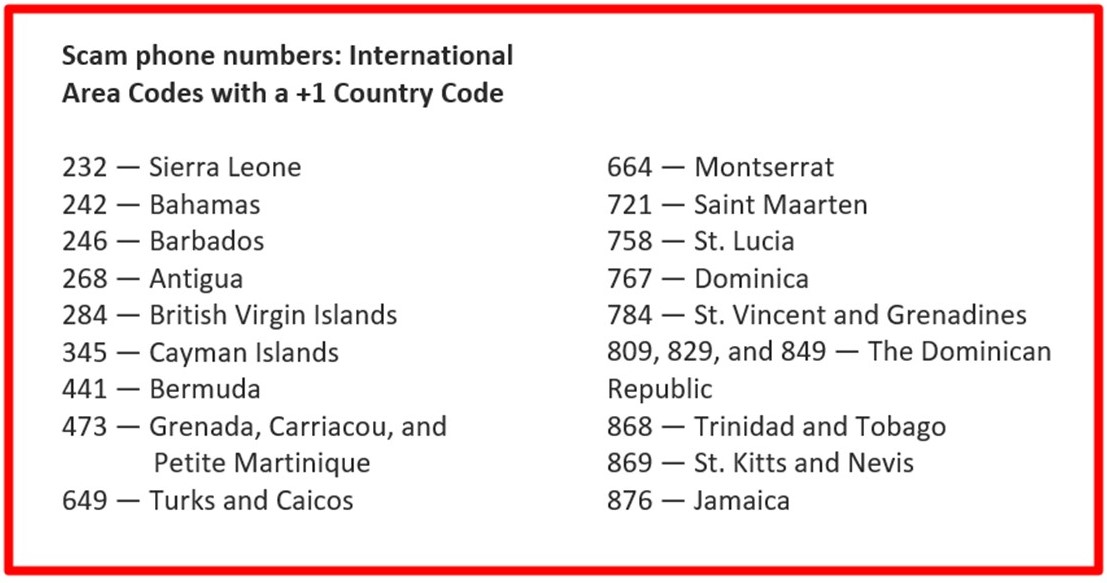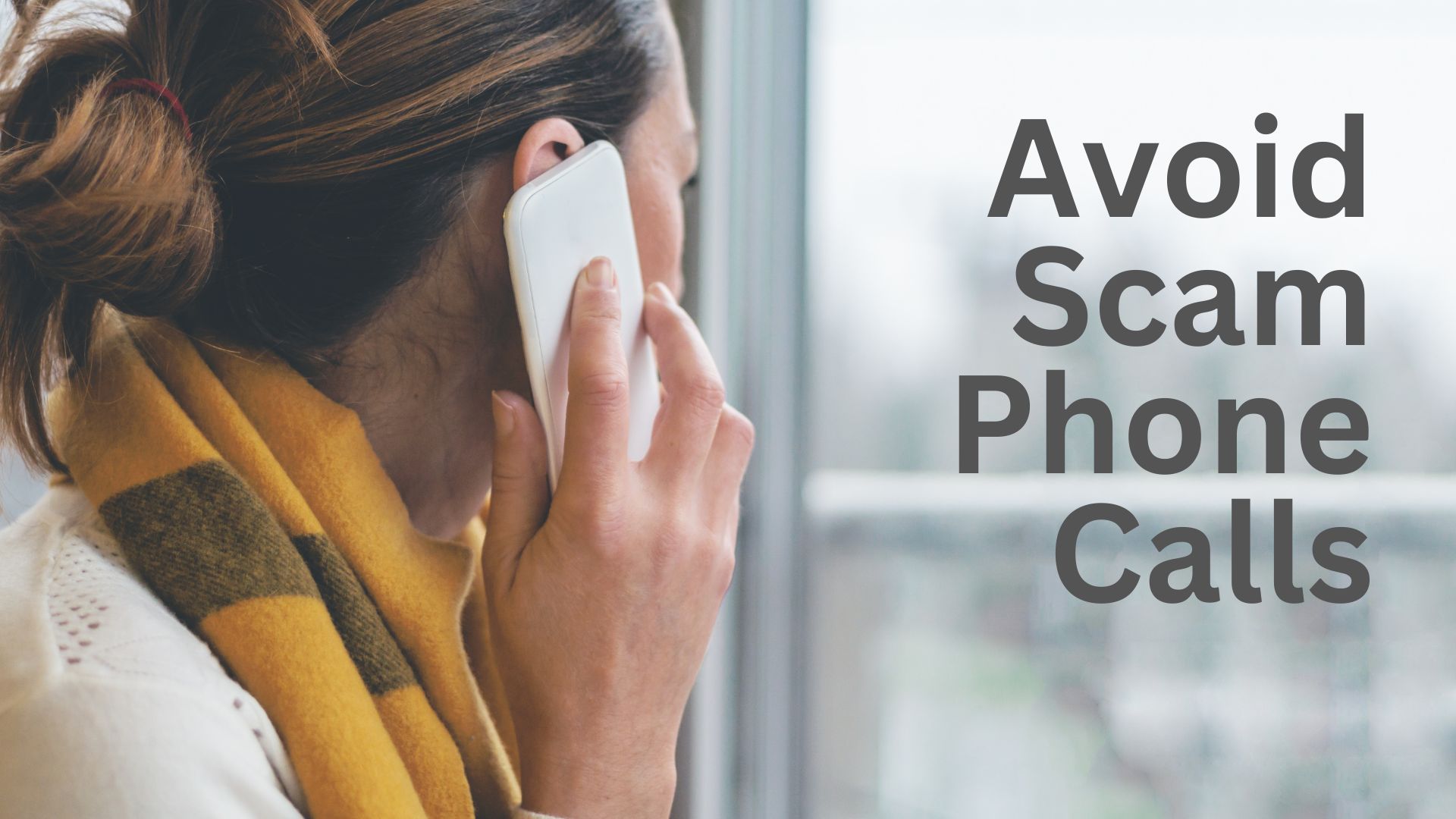Scams come in all forms, ranging from people pretending to be calling from the government to people masquerading as your telecom provider — or even impersonating Nigerian princes (just wire them the money up front and it’ll all be okay).
Experts are warning about a robocall that starts with the simple four-word phrase “Can you hear me?” in hopes of recording your response and using it to commit fraud. If you hear those words, HANG UP IMMEDIATELY! The phrase is designed to trick the victim into responding “yes,” while the person or computer on the other end is recording.
From there, the scammer can use that recording to access important online accounts, make purchases and commit fraud like identity theft. All they have to do is play the recording of your voice saying “yes” when asked to authorize a log-in or agree to a major purchase. They may include a complicated drawn-out story line designed to keep you on the line to rack up long distance minutes.
Those calls add up fast. You could be charged for taking calls from any foreign country known to host many scams. Watching out for certain area codes can warn you that the call isn’t safe. Scam callers once used 900 numbers, now, many scam phone numbers have area codes in countries with weak or non-existent consumer protection laws.
Think twice before answering any phone call from these area codes, unless you are sure the call is from someone you know and trust:

To play it extra safe, it’s recommended that you never answer or return a call from a number you don’t recognize. If the call turns out to be from someone you know, they can leave a voicemail and you can call right back.
Scammers can create scam phone numbers by spoofing numbers from many area codes, not just the ones listed above. Remember the phone security rule of thumb… if you don’t recognize the phone number, don’t answer the call, let it go to voicemail. This can help you avoid falling for common phone scams.
By the way—if you are charged for picking up a scam call, the Federal Communications Commission (FCC) recommends contacting your phone company to try and take care of the matter. You can also file a complaint about the scam call with the FCC.

